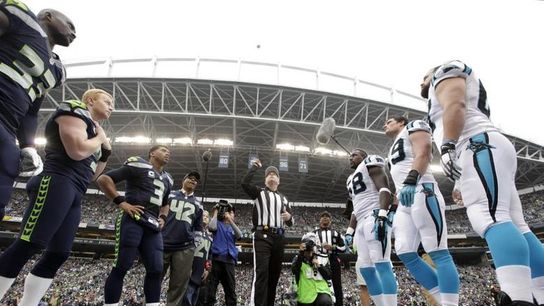On the eve of the NFL season, ESPN put together a story looking at 14 trends across professional football. The NFL is passing the ball a lot more than it did a decade ago, so the passing game and all its implications is now the sun that the rest of professional football rotates around. For example: cornerbacks are now paid a lot more than they used to be, while running backs aren't.
But you knew that already.
One trend that caught my eye was this: the number of coaches that defer the kickoff to the second half has skyrocketed over the past decade.
Before 2008, the NFL had a rule that prevented teams from deferring the kickoff to the second half, and as such, 99 percent of coaches that won the toss elected to receive.
(Two points here One: I've followed football religiously my entire life and have no recollection of such a rule existing. Two: Why were 1 percent of coaches electing to kickoff to start both halves?)
Nevertheless, the NFL gave its teams the option to defer starting in 2008, and in those first three seasons, a third (32 percent, to be exact) of coaches elected to do so. In 2011-12, that number had risen to half of NFL coaches. By 2013-14, it was two-thirds.
Now, five in six NFL coaches that win the toss choose to defer, according to ESPN's data.
ESPN found no statistical advantage to taking the ball to open the second half rather than the first, but perhaps coaches are aiming at a psychological advantage. An extra possession is, on paper, more valuable in the second half than the first. Maybe coaches are aiming for the double whammy of scoring to close the first half and to open the second. It's probably all of the above.
Or it could be a simpler reason: they're doing it because everyone else is. Writes ESPN:
There also could be a herd mentality. If a great coach such as Belichick is going to defer all the time, why go the opposite direction?
